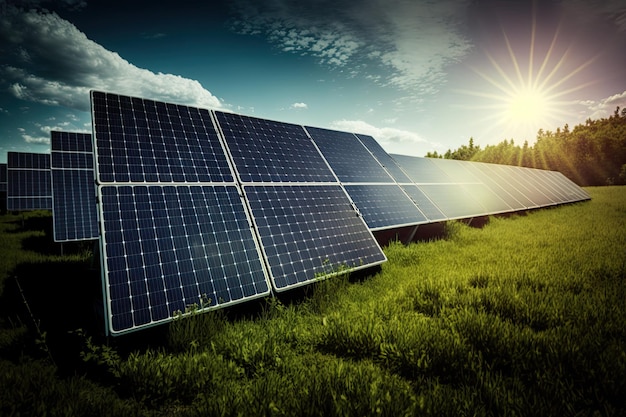
The Uganda Energy Credit Capitalisation Company (UECCC) has launched a significant initiative to promote the use of solar energy in rural areas across Uganda by financing solar dealers. This move aims to address the energy access challenges faced by rural communities and to support the country's commitment to sustainable development and poverty reduction.

UECCC's initiative will provide financial support to energy service companies, helping them overcome the upfront costs associated with clean technology installations. This support will come in the form of grants, price subsidies, and price cuts, specifically targeting technologies for lighting, clean cooking solutions, and productive uses of energy.
By making these technologies more affordable, the program seeks to enhance energy access in areas that are currently underserved by the national grid.
Access to reliable energy is a critical factor for economic development. In Uganda, many areas have no electricity and rural areas being the most affected. Solar energy offers a viable solution due to its affordability and the country's favorable solar irradiation levels, particularly in the northern and eastern regions.
The solar sector in Uganda, though relatively young, has shown significant potential in improving livelihoods and driving economic growth. Companies like Nexus Green have already connected hundreds of thousands of homes with affordable solar solutions, creating jobs and enhancing the quality of life for many Ugandans.
However, the sector faces several challenges, including limited access to affordable financing, high import taxes on solar products, and a lack of consumer awareness. UECCC's financial interventions are designed to address these barriers, making it easier for solar companies to expand their operations and reach more rural households.
The program also aligns with Uganda's broader goals of increasing energy access and reducing reliance on fossil fuels. Solar energy, being clean and renewable, plays a huge role in the country's efforts to meet its Sustainable Development Goals (SDGs), particularly SDG 7, which aims to ensure access to affordable, reliable, sustainable, and modern energy for all by 2030.
Community leaders and stakeholders have welcomed the initiative, highlighting its potential to boost local economies and improve living standards. In regions like Tororo, the establishment of solar plants has already demonstrated significant benefits, including job creation and enhanced business opportunities for small-scale entrepreneurs.
UECCC's financing initiative represents a strategic effort to enhance solar energy adoption in rural Uganda, addressing critical barriers and supporting the country's sustainable development agenda. With increased financial support, rural communities stand to gain improved access to clean energy, fostering economic growth and better living conditions.

















